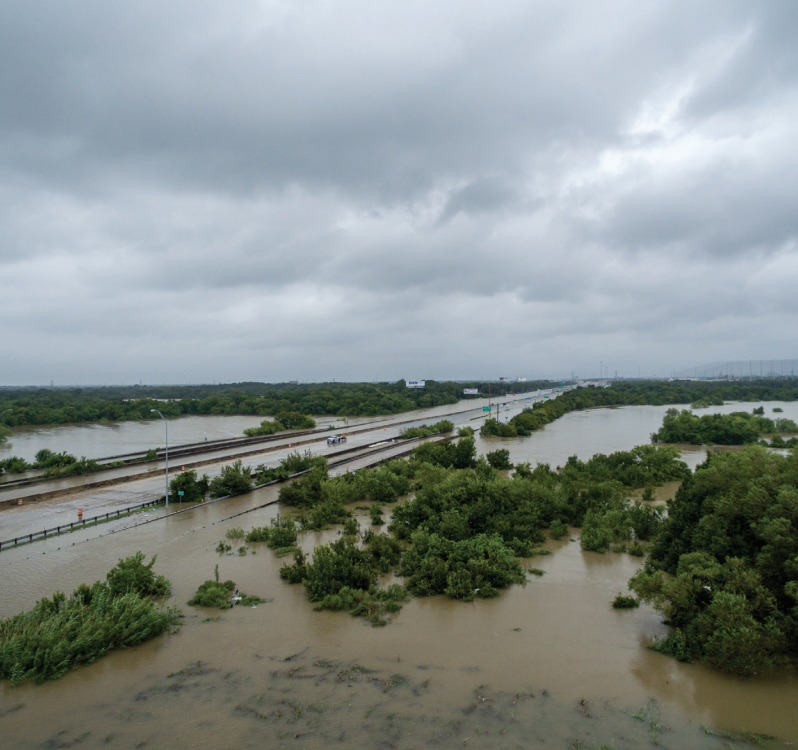On Monday, February 28, the Intergovernmental Panel on Climate Change (IPCC) released a report from the IPCC Working Group II: AR6 Climate Change 2022: Impacts, Adaptation and Vulnerability. The report assesses the science literature documenting the devastating effect of human-caused climate change on human society and on ecosystems as well as the opportunities for and limits on adapting to these changes.
The IPCC states with categorical certainty that many of the impacts and consequences of human-caused climate change are harming people and ecosystems around the world – from extreme first-order events such as flooding, drought, wildfires, heat waves, and sea-level rise that are leading to cascading consequences such as food and water insecurity.
Many opportunities for adaptation exist but the window for most options closes over the next decade or so. And the opportunities for adaptation rapidly diminish should warming exceed 1.5°C. Further, soft limits to adaptation in human systems have been reached in some regions due to limited governmental and societal intervention and/or financial resources, and as warming continues, adaptation options will become increasingly limited elsewhere. Hard limits have already been reached in some ecosystems and these are beyond the influence of human intervention.
The catastrophic consequences for public health, civilization, the economy, and frankly all living things on Earth, will continue to mount unless humankind decides to embark on immediate and transformational change to prepare for the current and near-term impacts of climate change and dramatically reduce greenhouse gas emissions to prevent widespread catastrophe.
The second of three Working Group reports in the IPCC’s Sixth Assessment Report (AR6) cycle, the report was approved Sunday following two weeks of discussions in virtual plenary session, in which the scientists who authored the report and delegations from the IPCC’s 195 member nations arrived at a consensus on the report’s Summary for Policymakers.
Here are some key takeaways:
- It is unequivocal that climate change has already disrupted human and natural systems.
- Climate-related extremes at increased frequency, intensity and duration, including hot extremes on land and in the ocean, floods, regional drought and fire weather are increasingly attributed to human-induced climate change.
- In some regions, the rise in extremes has already pushed some natural systems beyond the hard limits of adaptation and some human systems beyond the soft limits of adaptation, leading to some irreversible impacts.The limits in ecosystems are generally considered hard limits
- Soft limits to adaptation in human systems exist mainly due to limited governmental and societal capacity and/or financial resources. These limits can be overcome by human intervention.
- Opportunities for adaptation will rapidly diminish, and unavoidable increases in multiple climate hazards will present major risks to ecosystems and humans if warming exceeds 1.5°C.
- Climate change does not impact everyone equally as lack of resources limit adaptation measures in some regions.
- The magnitude and rate of climate change and associated risks depend strongly on near-term mitigation and adaptation actions and projected losses and damages escalate with every increment of warming, with warming beyond 1.5°C particularly damaging.
- Maintaining the resilience of biodiversity and ecosystem services at a global scale depends on effective and equitable conservation of approximately 30% to 50% of Earth’s land, freshwater and ocean areas, including currently near-natural ecosystems.
Click through for detailed toplines from the Summary for Policymakers.



